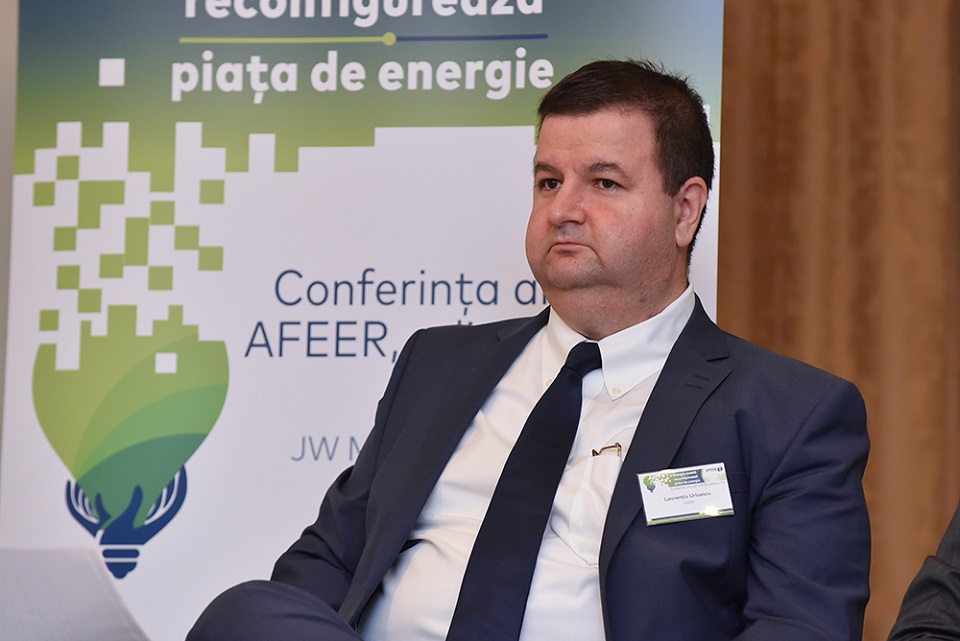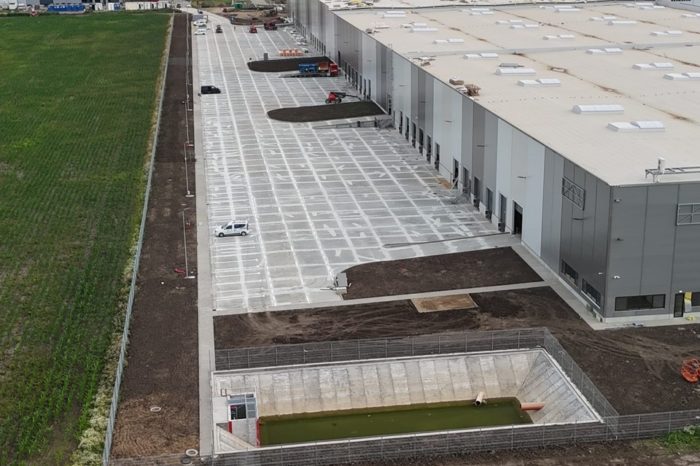Energy suppliers request the start of preparations for the re-liberalization of the electricity and natural gas market

The Romanian Energy Suppliers Association – AFEER requests the authorities to urgently start preparations for the re-liberalization of electricity and natural gas prices. The capping scheme for energy prices will end on March 31, 2025.
“The global crises, which started with the coronavirus pandemic – health, economic, energy and geo-political – led the Romanian authorities to take exceptional measures. In the energy field, these measures had the effect of capping/compensating electricity and natural gas bills. The legislation in this regard applies until 31 March 2025. Which means that, in just a few months, this restriction in the energy sector will be lifted. In order not to create chaos in the market, we request the authorities to start the preparations regarding the re-liberalization of electricity and natural gas prices, so that it unfolds smoothly, calmly, giving the opportunity to the economy, but also to the people, to re-adapt. Only in this way will we all be able to benefit from fair prices for energy and gas”, says Laurențiu Urluescu, president of the Romanian Energy Suppliers Association (AFEER).
According to the legislation, domestic and industrial consumers benefit from electricity at prices of a maximum of 1,300 lei/MWh, which include all components (network tariffs, green certificates, cogeneration bonus, excise taxes, VAT). The ceiling/compensation of invoices from the state budget is carried out in two stages: in the first stage, suppliers pay from their own money to producers, transporters, distributors and the state budget (VAT and excise duties) the difference between the final price paid by consumers and the market price . In the second stage, the suppliers are settled from the budget for the amounts spent for the Romanian state.
“All these provisions create additional concerns for suppliers! On the one hand, we have unpaid amounts since last year, and on the other GEO 32/2024 sets at 700 lei/MWh the maximum value of the weighted average price of electricity at which ANRE calculates the amounts to be settled from the state budget; an artificial cap introduced without proper analysis of market price volatility. In addition, we fear that the Solidarity fund and the Energy Transition fund, which was fuelled by over-taxing producers when prices were very high and from which reimbursements have been made so far, will no longer be fuelled enough for the settlement the amounts spent by suppliers to support the capping/compensation schemes introduced by the authorities. All this creates high exposures to the risk of not being able to recover in time the amounts with which the suppliers support the consumer aid scheme”, says the president of AFEER.
Currently, due to the weather conditions, with red heat codes, electricity consumption has reached very high levels, not only in Romania, but in the whole area, which has led to an increase in spot market prices. The extension of this subpoena may have effects on consumer bills, on suppliers and on the state budget, through the application of bill capping/compensation legislation.
“I want to clarify that the suppliers have no role in the transactions with balancing products in the balancing market; they are not providers of balancing services in this market, they do not transmit any kind of offers. Only the operator of the balancing market, namely Transelectrica, trades on this market, some of the electricity producers and holders of qualified storage capacities. The suppliers only transmit the forecasted consumptions to the operator of this market and finally settle the costs with balancing the system. According to the most recent data published by Transelectrica, the energy traded on the balancing market decreased, for example, in March 2024 as a percentage of total consumption to 3%, compared to 3.7% in the same month of 2023. In terms of volume, the decrease is from 172 GWh to 142 MWh. This drop of more than 20% shows that there was a significant improvement in the forecasts of all market participants. Worryingly, although the volume decreased, the prices paid increased from an average of approximately 400 lei/MWh in 2023, to over 2000 lei/MWh in 2024, with highs exceeding 15,000 lei/MWh. Thus, although their forecasts had a higher degree of accuracy this year, it is the suppliers who bear the losses caused by the exorbitant price increases. The causes of these price increases on the balancing market must be clarified by the authorities together with the electricity producers participating in this market and with Transelectrica,” states Laurențiu Urluescu.
AFEER calls for the creation of a market for guarantees of origin, just as it exists in other EU countries
Instead, producers, at least renewable ones, could recoup their investments by establishing a voluntary market for guarantees of origin, given the growing demand due to the expansion of ESG policies of industrial end-users. ESG (Environmental, Social and Governance) represents the application of sustainable business practices in the context of Environmental, Social and Governance criteria, which are also recognized internationally.
“If a consumer does not, for now, need guarantees of origin, they are lost. Basically, they are issued for nothing! Conversely, other consumers, who need such guarantees, cannot purchase them. We point out that although there is increasing demand, the current transfer method is inefficient and causes bottlenecks and shortages. That’s why we request the creation of a functional market for these guarantees of origin, so that they can be transferred independently of electricity, just as it exists in other EU countries”, says Laurentiu Urluescu, president of AFEER.













